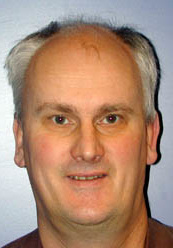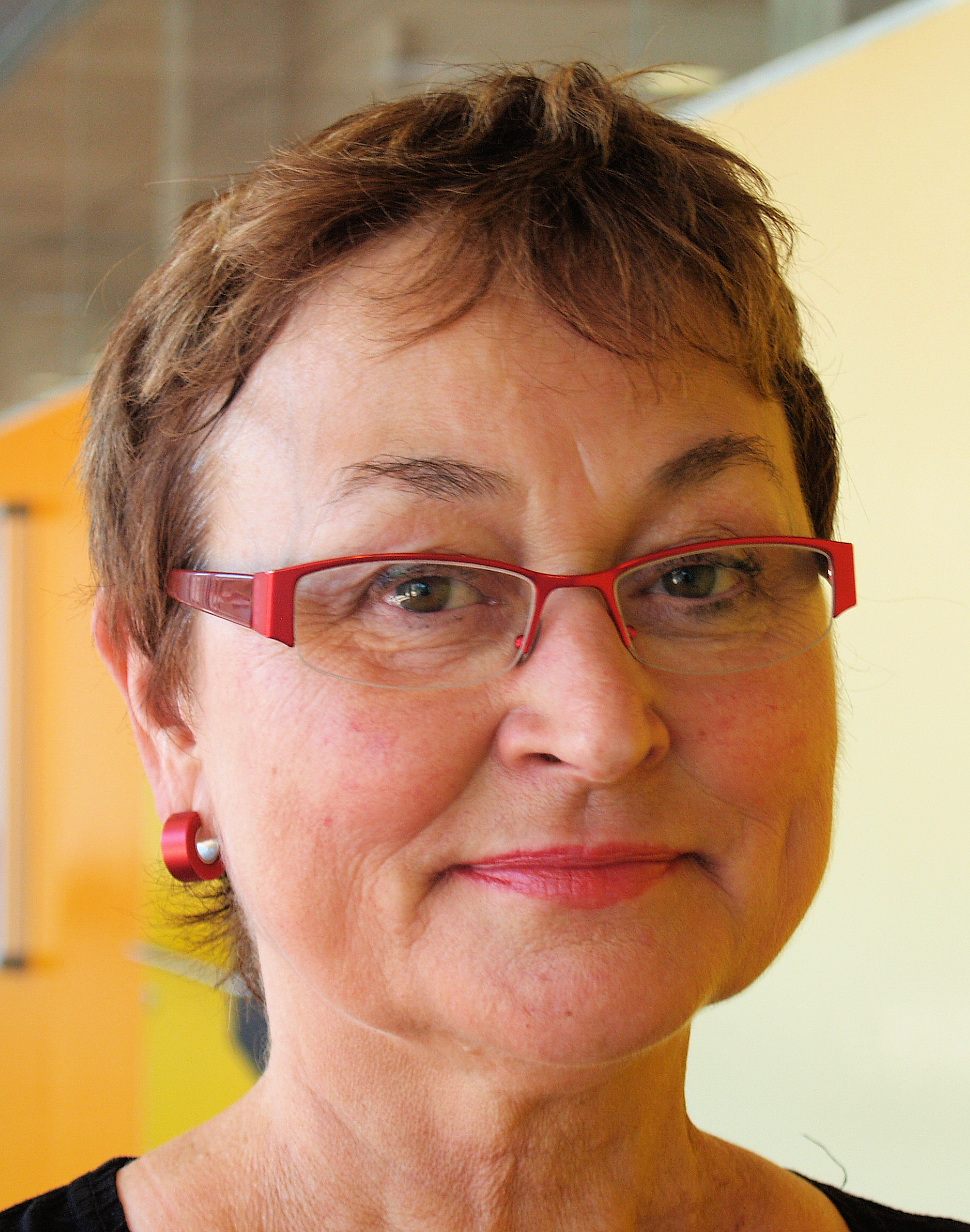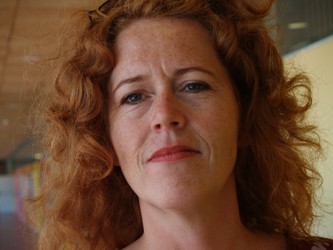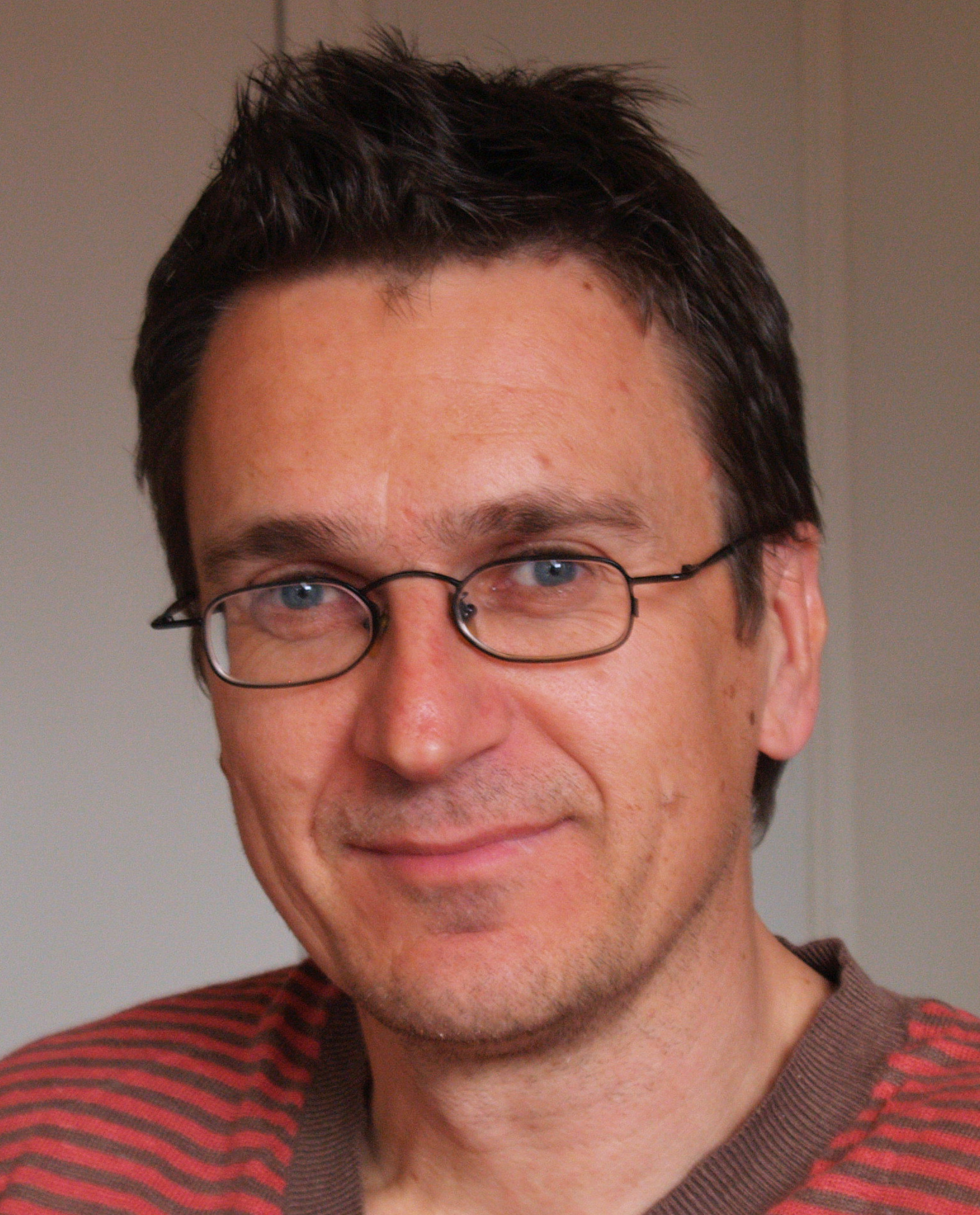Do we lack knowledge?
Minister of Education and Research Tora Aasland has said that she wants to implement national measures to promote gender equality in science. But do we know enough about the cause of the gender imbalance? The relationship between research and measures in academia has spurred debate in Norway this spring.

"The gender equality policy within academia is too heavily based on opinions," says Professor Knut Holtan Sørensen. He calls for more research on the importance of gender in academia.
Sørensen is a professor of Interdisciplinary Cultural Studies at NTNU and has been a member of the Committee for Mainstreaming – Women in science (the Kif Committee) since 2006.
"We know too little about the gender equality situation within the university and university college sector," says Sørensen.
Not valid
Although there are statistics that show some of the challenges associated with achieving gender equality in academia, Sørensen states that these are macro figures that provide limited information. "We have figures that show where women are and are not within the different research sectors, but we know little about the variations and why these occur."
Sørensen points to the great differences in the proportion of women within each institution. The percentage of female professors in different academic fields at NTNU ranges from zero to one hundred per cent. He therefore wants more detailed and in-depth studies to see what the figures are hiding.
The wrong decisions
On behalf of the Ministry of Education and Research the Kif Committee recently looked into the possibility of making use of earmarking in Norway. The committee recommended this measure. Sørensen is among the more sceptical committee members and says that we don’t know enough about the effect of earmarking. He believes it is more a case of symbolic politics.
"As long as we can’t predict the effect of a measure we risk making the wrong decisions and facing unfortunate consequences."
Sørensen has a simple solution: We need more research in order to continue the gender equality work in academia. He believes the lack of knowledge regarding the importance of gender in academia also is an international problem, although some countries do have a higher level of knowledge.
Strong reactions
Arnfinn J. Andersen, who sat on the first Kif Committee from 2004 to 2007, disagrees with Sørensen.
"Research is important, but it doesn’t necessarily tell us how to act politically. It is important to implement concrete measures to promote gender equality in academia, he says," and adds that he was shocked by Sørensen’s statements.
"I agree that we need more research on gender and academia and on why women abandon the sector. But if I understand Sørensen correctly he says that we need more knowledge before we can work politically with this issue. That is completely backwards," says Andersen.

Bad timing
The present head of the Kif Committee, Gerd Bjørhovde, stresses that more knowledge on gender and gender equality in academia is needed, and she welcomes a debate on the matter. She explains that the last committee asked for more research in its final report and that the current committee also sees this as very important.
Still, she disagrees with the conclusions that Sørensen draws.
"Calling for more knowledge is one thing. Saying that we shouldn’t implement any measures is a whole other matter. That would only make us unable to act," she says.
"We have to consider the political dimension. At the moment there is a political impetus to further gender equality in science. This is not the time to postpone measures because we lack knowledge. We have to get started and adjust the measures as we go along."
Bjørhovde also responds to Sørensen’s opposition to the Kif Committee’s suggestion of earmarking temporary positions to facilitate career advancement for women scientists.
"Of course, we can’t just say that we want to implement earmarking; we have to dig deeper. The situation with regard to gender equality varies greatly within different subjects and institutions, and we have taken this into account in our suggestions," she says.
Not just assumptions
Linda Rustad is a senior adviser to the Kif Committee and has worked closely with the institutions in their gender equality work. She does not agree that there is too little knowledge of the gender equality challenge.

"No, the gender equality work is not based on mere assumptions. We have gathered a lot of experience and competence on this field in Norway. And although research is important it is not the only way to attain knowledge."
She points to the experience of local gender equality advisers as well as relevant international research.
"Norway does not hold a unique position in this matter. The gender equality challenges we face are shared by other European countries. European research can therefore be useful to us."
Single factors
Arnfinn J. Andersen agrees with Sørensen that the gender imbalance in the science sector is caused by a wide range of factors. But he isn’t sure that we can bring about change by identifying and solving all the different causes. He believes that some ambitious measures may be the way to go.
"A political commitment to implement measures in order to create a more clearly defined career path and more permanent positions may help counteract the other causes of why women quit, he says. Many researchers almost spend their entire career waiting for a steady job in the university and university college sector."
Research and politics
Andersen wants to push the government to implement some ambitious measures.
"The committee I was on received a report which said that if the changes in the university and university college sector continue at the current rate we will reach the goal of fifty per cent women in leading positions around 2030," he says, and calls for action from Tora Aasland’s ministry.

"Measures that involve earmarking might work, but when the Ministry leans on mere figures and incentives it is hard to understand why they can’t come up with more creative alternatives. Drastic measures are needed to establish a more sustainable policy and to reach the goal of a fifty-fifty gender balance in 2030."
Not either/or
Knut H. Sørensen says he is surprised at the reactions to his statements.
"I thought there was agreement on this point. The problem is that measures are implemented without any accompanying research. It has been like this for years, says Sørensen, who feels that the situation is difficult because of the lack of good quality research."
He also says it was not his intention to play research and measures up against each other.
"Of course I don’t want to halt all measures; I just wish we could be more creative. Today we have too much of a 'one size fits all' philosophy with standardised solutions – that way it is easy to forget the differences within various subjects and institutions. I am worried that extensive national gender equality plans end up as symbolic politics because they don’t take into account the great variations that exist. There is simply too firm a belief in universal measures."
Avoid symbolic politics
Sørensen advocates combining research and measures and directing one’s efforts at the institute level, by for instance focusing on institutes with very few women, offering guidance and assessing the outcome.
"In law and medicine, where the student body in later years has changed the most with regard to the proportion of women, there has not been implemented any gender equality measures. In computer science a lot has been done to increase the number of female students, but here there has been little change."
Sørensen sees this as one of the many unpleasant dilemmas that the gender equality work encounters and wants to look into the situation. He also believes that we must beware of “hidden effects” of the gender equality work.
"Otherwise we will just end up with cheap symbolic politics," Sørensen concludes.
Translated by Vigdis Isachsen
